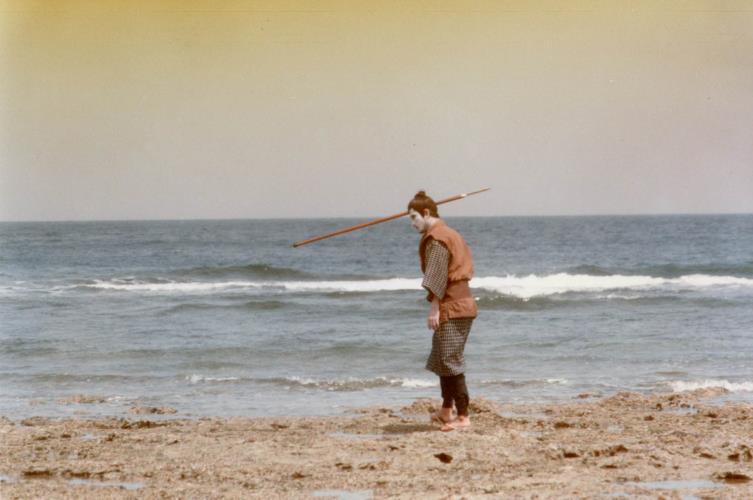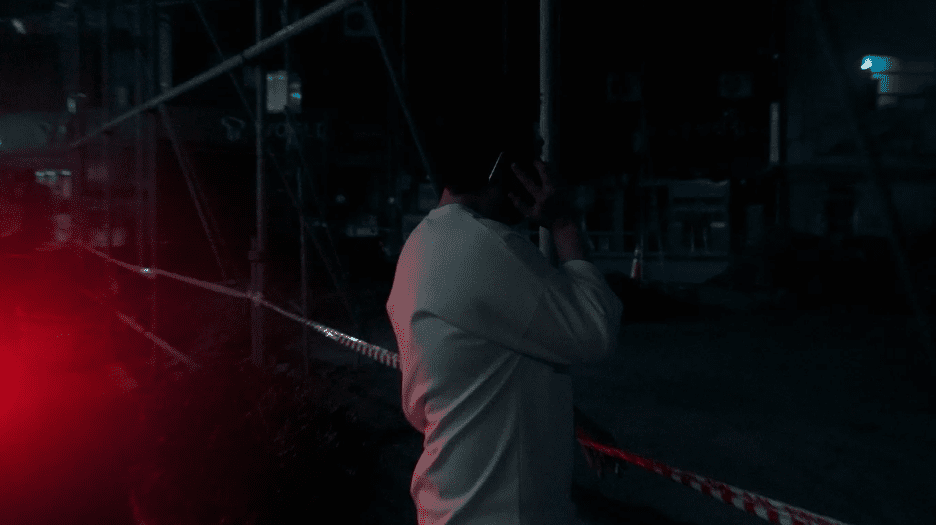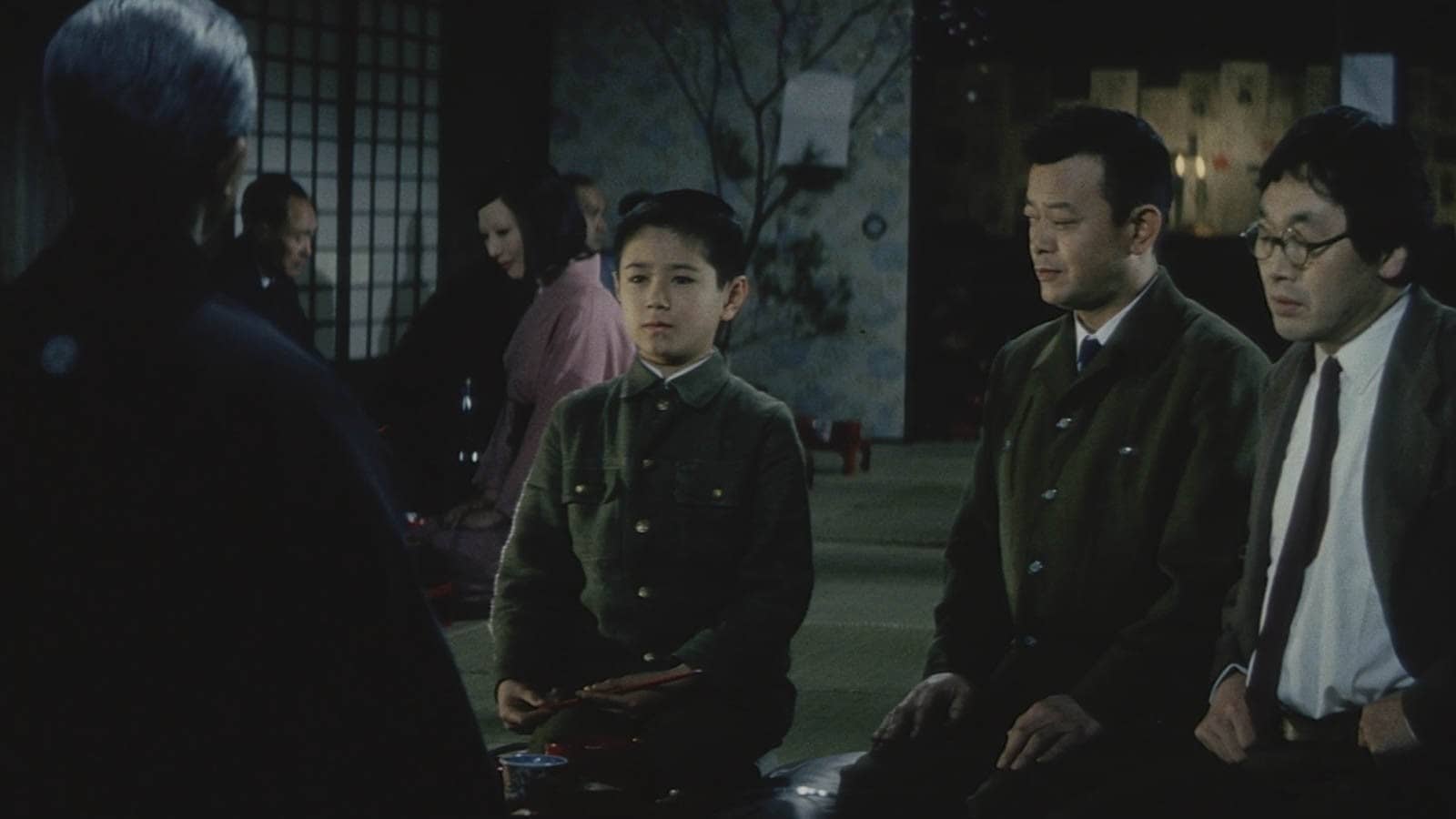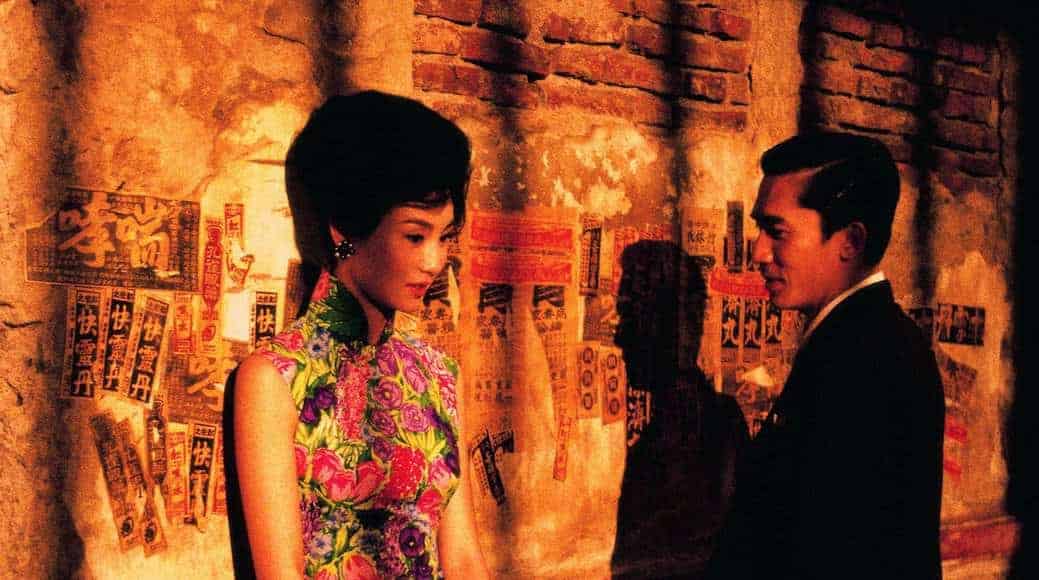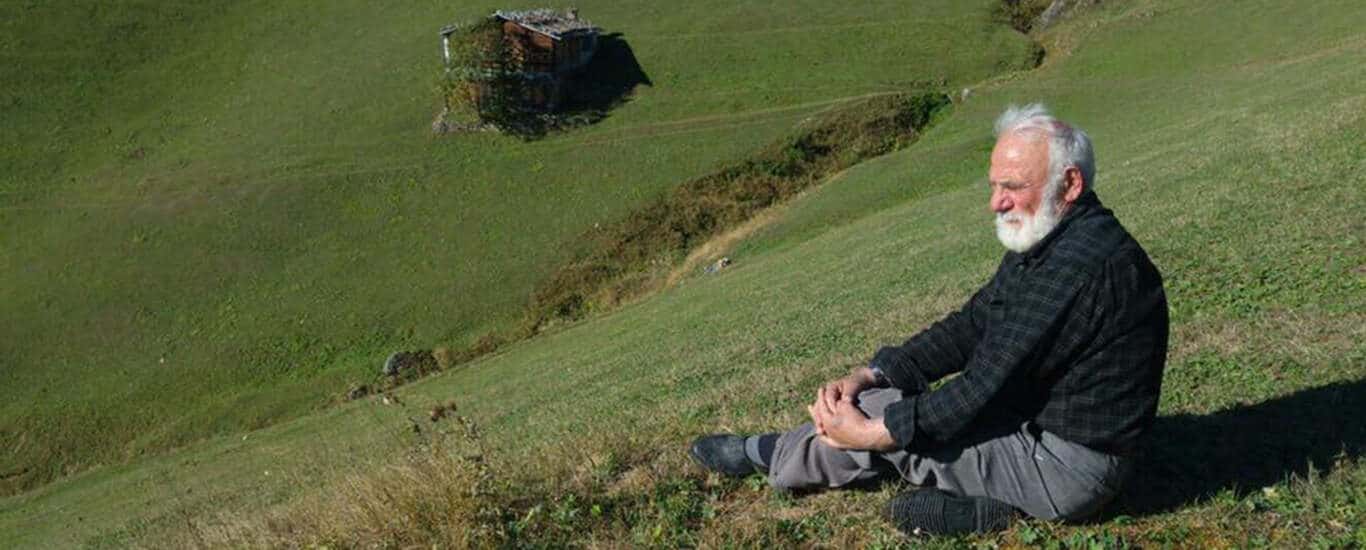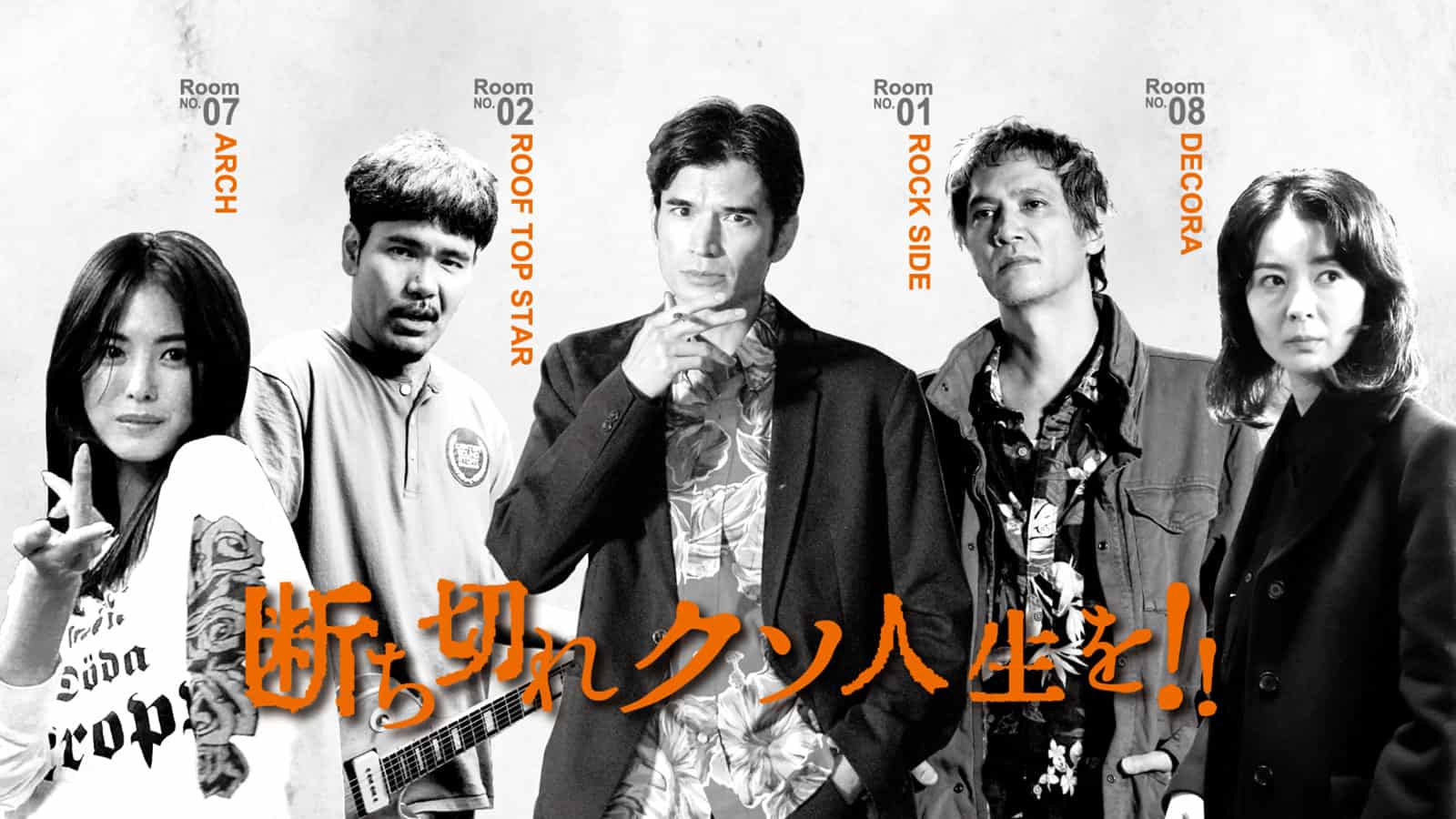Go Takamine continues his opus of Okinawan cinema with the adaption of the famous “Uchinaa Shibai” play. A day laborer named Giru seduces the boss's daughter and flees to the mystical Untama forest where he transforms into the Okinawan folk hero Untamaguri. Taking place in 1972, during the transition from the American occupation to Japanese sovereignty, Takamine shows the islanders in a phase of uncertainty.
Untamagiru is screening at Japan Society
Folklore, politics, and traditions. “Untamagiru” begins like an oddball comedy, with humor and quirky characters but holds a much more political subtext than its forerunner “Paradise View” (1985). Featuring Kaoru Kobayashi (“Midnight Diner” 2014) as Giru and John Sayles (“The Howling” 1981) as an American officer, Takamine mixes past and modern aspects of the local culture to describe the struggle of a rich culture that tries to preserve its identity. We see a lot of singing and performances referring to the past but also the worries about the future and the attempts from outside to erase the roots of the islanders. Unlike in “Paradise View”, this conflict becomes even confrontational and underlines the moral appeal of unity.
Masaki Tamura's (“Tampopo” 1985) cinematography plays one of the biggest factors in the film. His dynamic style captures the lively micro-and macro cosmoses of nature using camera cranes and dolly shots. Animals, plants, and humans live side-by-side in a harmonic world bound by the mythology of the Ryukyu natives. Tamura's worldview keeps everything together and makes up for the confusing plot.
Takamine's loose directing is sometimes hard to follow but is met with a convincing visual approach, that is accompanied by the magical percussion soundtrack of Koji Ueno. Oceans and forests are filled with a leisure soundscape that fits the dreamlike story, mashing up reality and hallucination. The atmosphere created in that way conveys a much more joyful feeling that does sweep away from the stringent portrayal of Okinawa in “Paradise View”.
By focusing on the character appeal, Takamine borrows from contemporary colleagues such as Juzo Itami, who present a similar optimism without drifting into silliness. “Untamagiru” also does not overcharge the viewer with historical digressions, which makes every obscurity feel like something natural and not out of place. This may sound strange, but it works and also hides the bumpy narration. The actors mainly speak in an Okinawa accent, making it difficult for the Japanese on the mainland to understand. Nevertheless, the (subtitled) version was successful with the critics and won the Hochi Film Awards in 1989 as Best Film.
More approachable and more capturing than “Paradise View”, Go Takamine directs a humorous tale that takes a look back at the troubling times when Okinawa gained a little bit of freedom.


